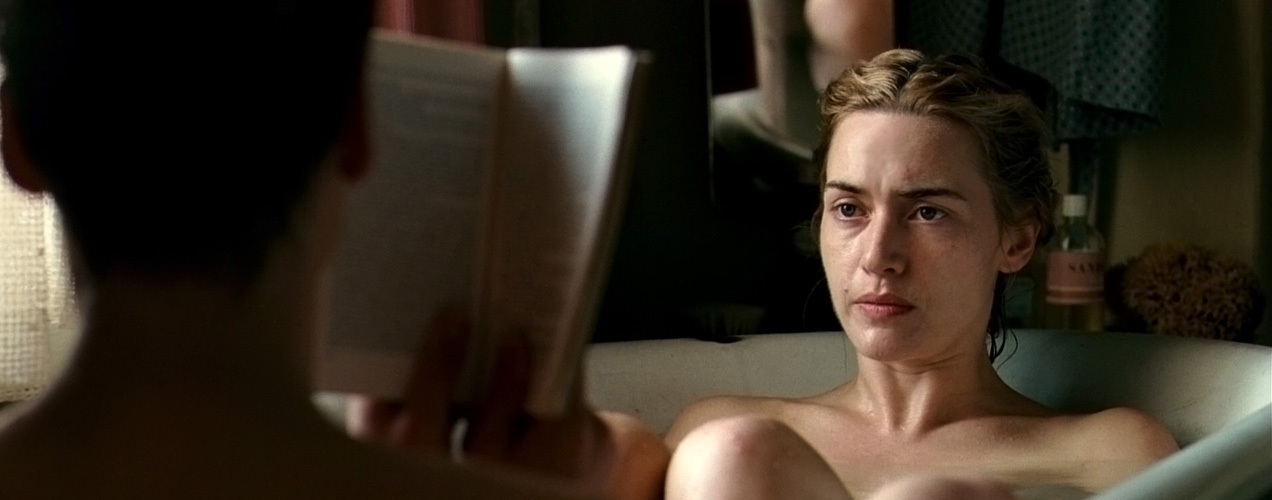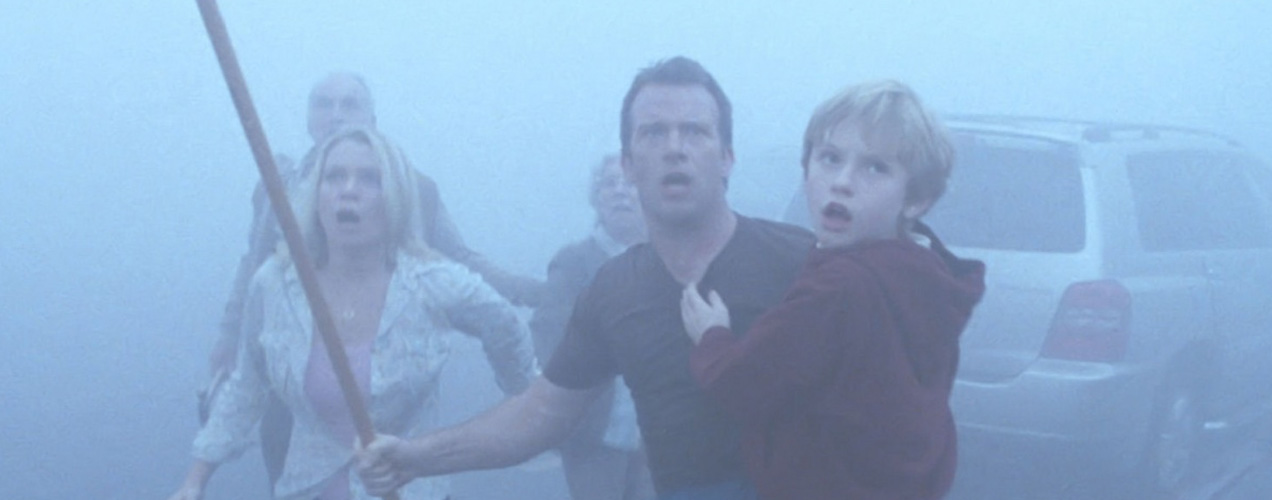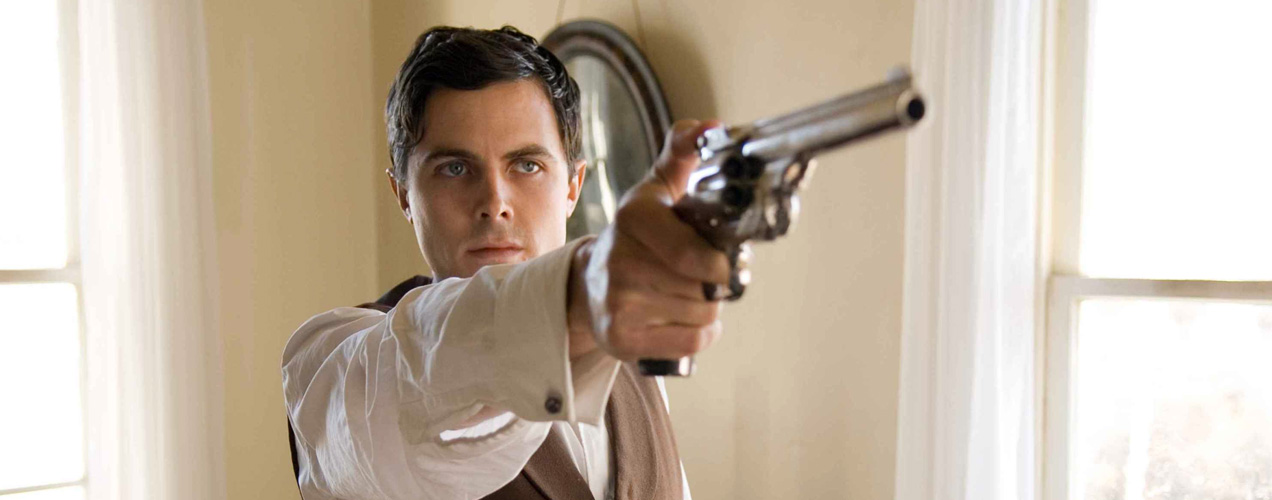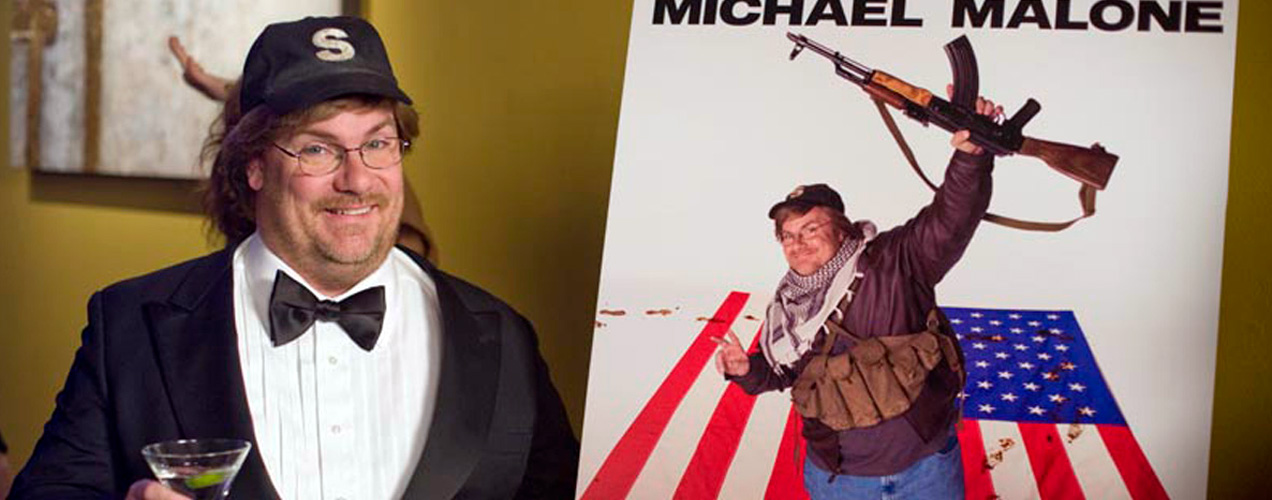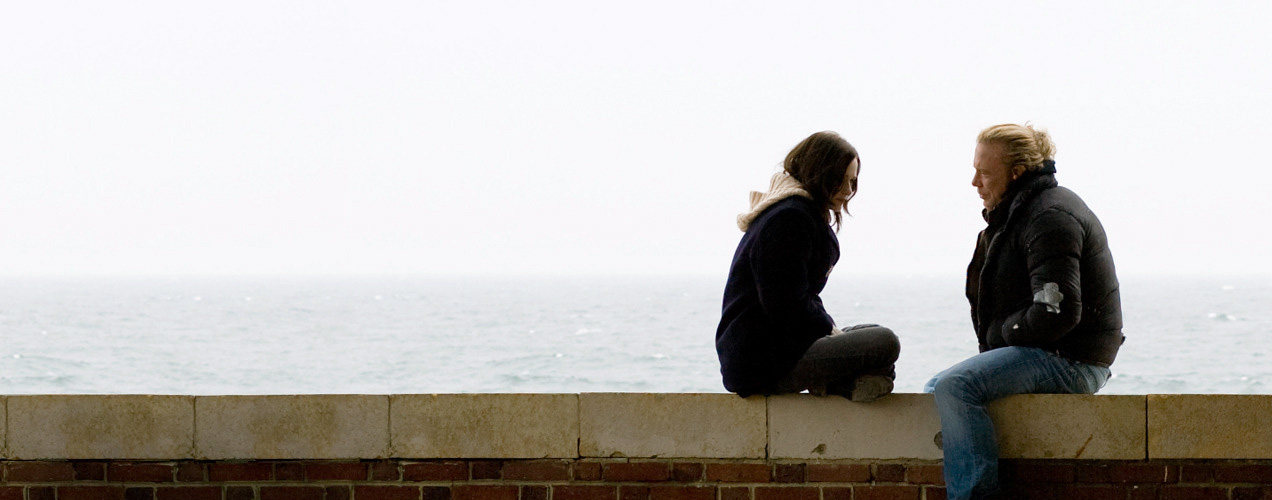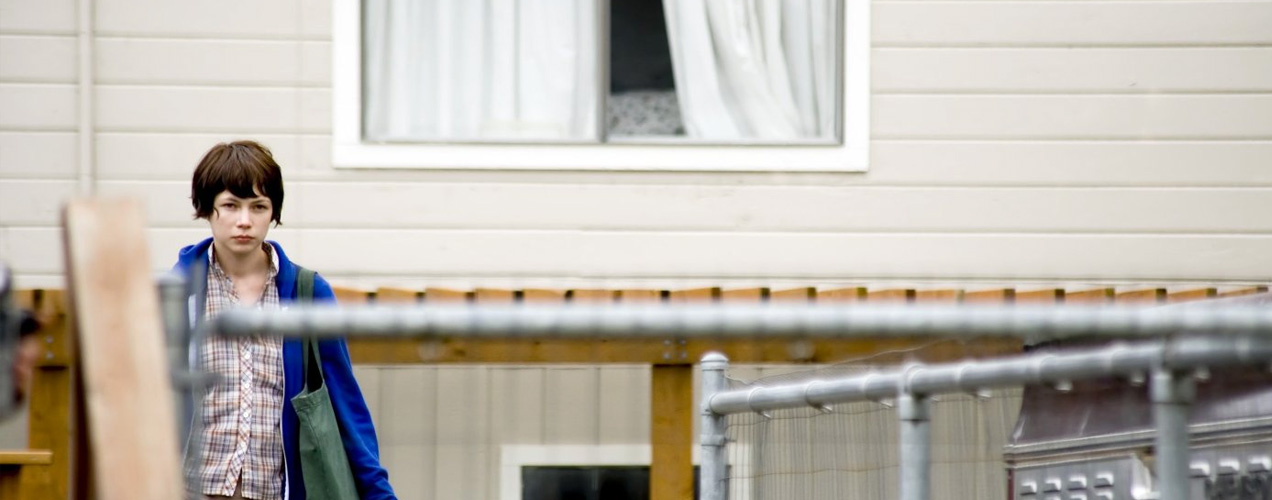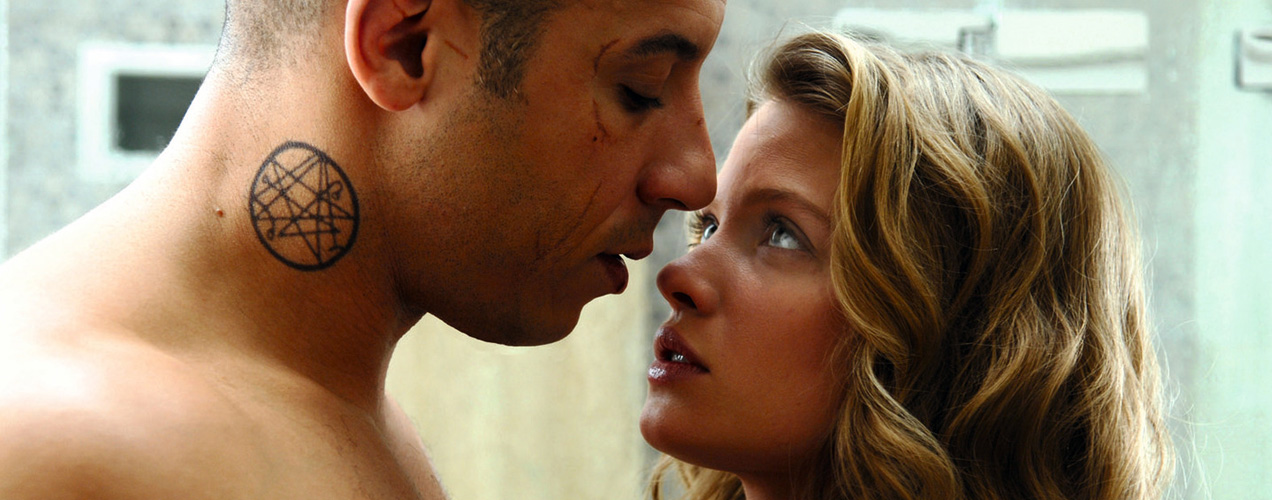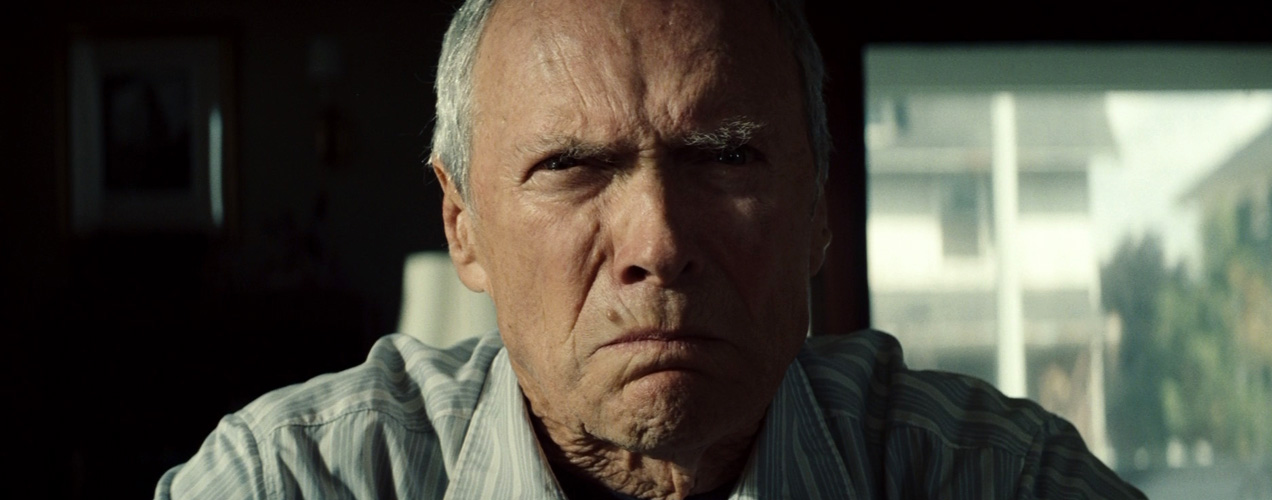2008 / Stephen Daldry > In a guest appearance on the Ricky Gervais/BBC sitcom Extras, Kate Winslet joked around about how she may finally win an Oscar by playing a role in a Holocaust film. As fate would have it, the Academy somehow overlooked her incredible turn in Revolutionary Road for her portrayal of Hanna Schmitz in The Reader, an ex-Auschwitz prison guard with a couple of mystifying secrets. When you think about it, this was made for a nomination, but the tragedy may be that she’ll actually win for a mediocre film whose sole purpose, it seems, is to apologize on behalf of all the no-holds-barred anti-Nazi sentiments apparent in our world today.
This is where it gets tricky: It’s understandable to humanize those who have committed heinous acts against humanity. There’s always another side to the story, and that side should always be heard. We are a society that depends on a fair trial, so it’s almost necessary that we should extend that courtesy to even those who have sided with the Third Reich. At the same time, it’s downright laughable how The Reader approaches this process. As the film unfolds, it becomes infuriating to see the opportunities that could further enhance our understanding of Hanna’s character ignored in order to slap our faces with the literal meaning of the title. We are not children, and if you want us to give into our conscience and empathize with those who have caused the world so much grief, you have to give us a better reason than illiteracy.

